Breath and Movement Classes Online for People Who Live with Pain
Because sometimes living with ongoing pain or health challenges requires that you move your body gently and with fierce focus on your wellbeing, meditative movement can help.
Restorative Qigong and Tai Chi Classes Online
Join us in the Zoom studio for an online class that is kind to your body and fits your schedule
A two-hour, evidence-based pain skills class developed by Stanford University and taught by Josie Weaver.
Practice can be simple
A little breath and movement can change your mood, calm your body and soothe your mind. Try the “Caring Breath” practice to experience the results for yourself.
I write about pain and practice. See some of the relevant blog posts here.
-
In this post, I talk about how I used mindbody arts as a sanctuary for pain during a recent backpain flare-up. Read the article here.
-
Read about the “tale of two surgeries” where one person did mindbody arts prior to back surgery versus the person who did not do mindbody arts before having back surgery. Read about their outcomes here.
-
Motion is lotion, but sometimes pain makes you afraid to move. Read the mindset about moving and pain here.
-
Yikes! When there is pain, it makes sense to seek relief. But finding a sense of meaning (and even purpose) is part of the pain journey and feeling better! Read this essay here.
A conversation about Qigong and Pain
The National Qigong Association (NQA) Qi Talks hosted this conversation on using Qigong and Traditional Chinese Medicine for treating and managing pain.
Western treatments for pain range from taking medications, doing physical rehabilitation and therapy for learning to cope and "live with it." With pain, sometimes the obstacle is the way. Inherent in all pain treatments is a desire to eliminate pain completely but accepting and managing pain (learning to live with pain) can be a gradual way forward for getting back to life and being in a new place in terms of personal growth and living. At this Qi Talk we discuss the inevitability of pain in life, what pain means in the brain and body, and how you can empower yourself using Qigong, Tai Chi, and acupuncture/acupressure to transform pain and yourself.
A conversation about living with pain
Pain does things to your mind. Taking care of your mind can help you manage your pain.
Learn what the science says about complementary approaches for Chronic Pain. All meditative movement practices, including Tai Chi and Qigong, feature breath work, meditation and of course movement. Science shows Qigong and Tai Chi have been proven to be safe ways to help you find relief. The National Center for Complementary and Integrative Health (NCCIH) of the United States Department of Health and Human Services publish and update scientific information on best practices for the treatment of pain, specifically including meditative movement in the treatment for chronic pain.




